23 September, 2013
Ingredient Spotlight: Vanilla Extract
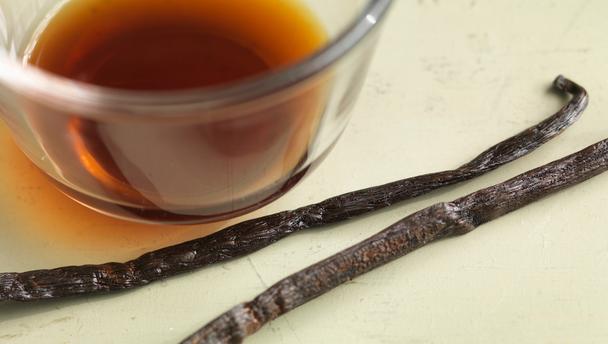
I was having a conversation with a fellow foodie the other day and we were talking about vanilla extract. She was talking about buying organic vanilla extract and I told her that I had been making my own with vanilla beans and vodka. She posed a questions about picking out vanilla in the store. You can get some that are alcohol free and wondered what the difference was is an alcohol free version vs. the ones that contain alcohol. We could not explain how REAL FOOD vanilla extract is made. Should vanilla have alcohol? What is the alcohol free version made from? What is the best vanilla if you are trying to eat whole foods? I thought this was a great question and if we were thinking it maybe other were too.
What is Vanilla Extract?
Wikipedia states that, “vanilla extract is a solution containing the flavor compound vanillin as the primary ingredient. Pure vanilla extract is made by macerating and percolating vanilla beans in a solution of ethyl alcohol and water. In the United States, in order for a vanilla extract to be called pure, the U.S. Food and Drug Administration requires that the solution contains a minimum 35% of alcohol and 100g of vanilla beans per litre.”
Get Real Vanilla Extract
The first thing you want to make sure of is that you are actually getting vanilla extract and not vanilla flavor. Vanilla flavor is made with propylene glycol or glycerine instead of alcohol. Propylene glycol is used as a solvent and preservative in food and for tobacco products, as well as being a big ingredient in the liquid used in electronic cigarettes. It is also used in pharmaceutical and personal care products. It may also be used in antifreeze because of its ability to lower the freezing point of water. Glycerine is essentially a sugar alcohol and is used as a stable preserving agent.
Make sure you you are buying pure vanilla. Vanilla made in Mexico, the Caribbean and Latin America are imitation. It may be possible that vanilla made in these countries are pure but there is a 99% chance that they are imitation. Some Mexican vanillas do not even use real vanilla beans but tonka beans. Tonka beans have been banned by the FDA for sale in the US as a food item since the 1950s because they contain courmarin that was shown to cause liver problems in rats at extremely high doses.
Make sure you are reading the labels. If it does not sound like realy vanilla then it probably isn’t.
Tips on finding quality vanilla extracts:
√ Made from premium grade vanilla beans that have a high natural vanillin content.
√ Made with more vanilla beans that required by law.
√ Contain only a small percentage of sugar and no corn syrup or caramel color.
√ Extracts that have had time to age or mellow are the best.
Make Your Own Vanilla Extract
Pure vanilla extract is made from vanilla beans, while imitation vanilla utilizes imitation flavors and chemicals. Making your own vanilla extract is a great option because you can control the quality of ingredients. Using premium grade vanilla beans will provide a significantly better flavor over commercially produced extracts. Making your own is also great because it is more cost effective. You can make a lot for a fraction of the cost as store bought. I bought a 750ml bottle of organic vodka for $9.99 and buying vanilla beans online is you best bet for a better deal, $20 for 30 beans. For $30 you can make vanilla, with no sugar and no additives, that will last you a long time. That amount of vanilla would easily cost you double.
- 9 Vanilla Beans, split
- 3 Cups Organic Vodka (vodka is made with corn and wheat so organic is recommended)
- Find a large jar or bottle that will fit at least 3 cups.
- Add the vodka and split vanilla beans to the jar.
- Let sit for one month for the vanilla to flavor the vodka.
- The longer it sits the more flavor your extract will have.
- Keeps for one year in a cool, dark place.



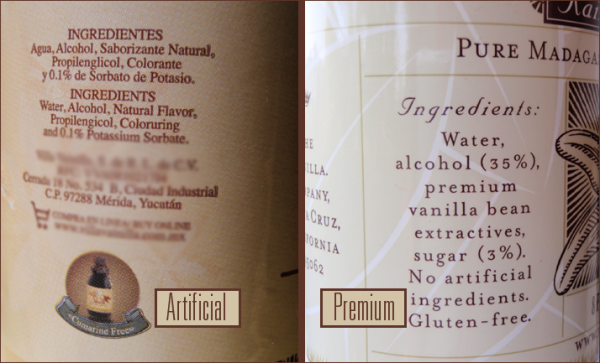
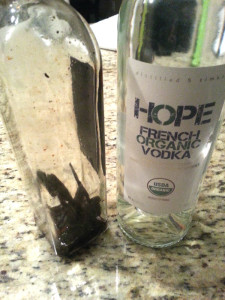



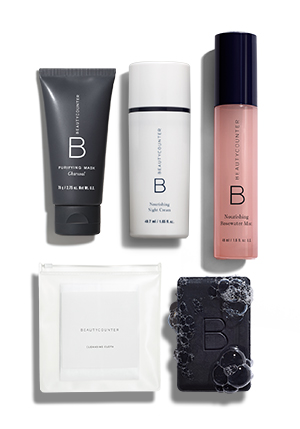
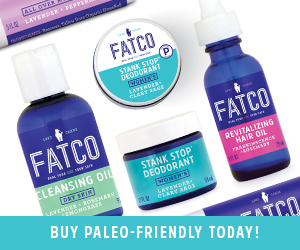


Such an informative post!…Some companies making Bourbon Vanilla extract claim its 100% pure with no alcohol and contains only Bourbon vanilla extract and Glycerine E422. What are the hazards of using a product like this . Is Glycerine just as bad as Propylene glycol? Is it carcinogenic?
I think it depends on what the glycerin is made from. There can be different sources. Plus we have to think of how much we are consuming. A small amount in some vanilla every once in awhile may not be something to stress about. I would be more concerned about working on the things we are exposed to most often and in larger amounts.
By the way alcohol is also bad for the health